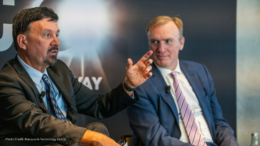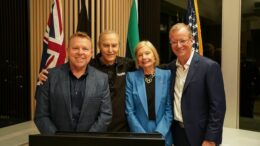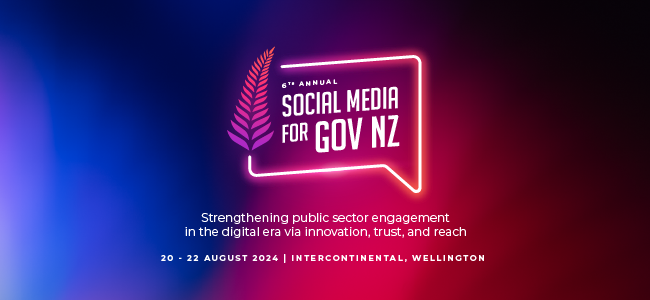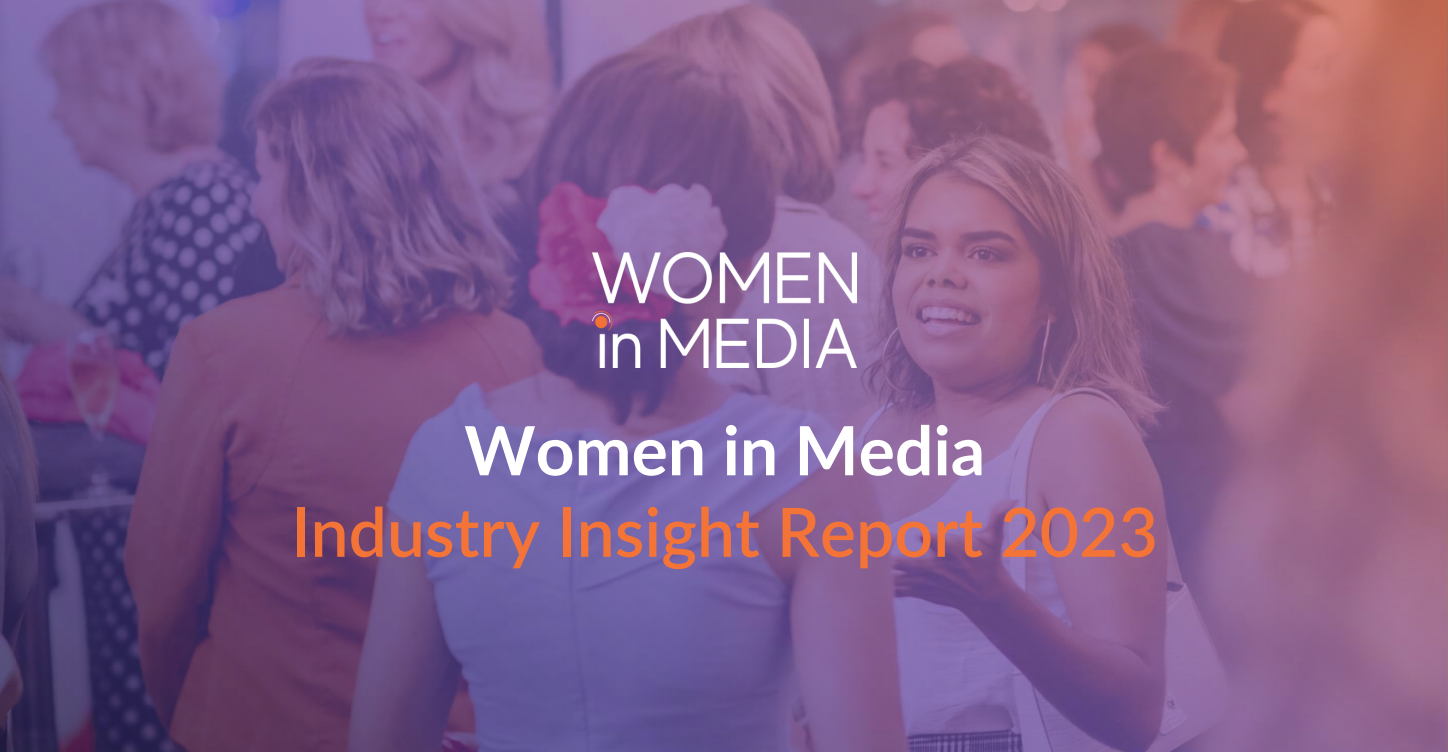Meta Australia has vowed to target misinformation claims, fraud and interference in relations to the federal election on its platforms.
Learning from past elections internationally and at home, Meta Australia’s Head of Public Policy Josh Machin stated that the tech giant is rolling out the most comprehensive package of election integrity measures the country has ever had.
Meta, which owns Facebook and Instagram, announced new fact-checking partnerships, more transparency around political advertising and a campaign to improve user awareness of misleading content.
Aside from this, users will also be given more context about a post to help them make an informed decision on what to read, trust and share.
Meta Australia has already launched a fact-check information campaign on how people can recognise and avoid misinformation in April. This campaign will be translated into Chinese, Vietnamese and Arabic.
“Those are the three largest communities of non-English speaking people within Australia and we’ve been very conscious of the risk of potential misinformation, particularly amongst the Chinese-speaking community,” Mr Machin said.
Users who wish to run advertisements on political or social issues will need to verify their identity to ensure authenticity and that they are located in Australia.
Meta has been working with the Australian Electoral Commission and law enforcement, as well as non-government think tanks and academic experts, to understand potential misinformation risks ahead of the upcoming election campaign.
AI bots have also been improved to detect and block fake accounts that are often behind misinformation campaigns.
Along with existing fact-checking partnerships with the Agence France Presse and Australian Associated Press, Meta will also bring the RMIT Fact Lab onboard for the election.
These fact-checkers will look at the broader political debate by regular users – rather than politicians or political parties – to scrutinise claims that might traditionally be missed.
“We will be providing one-off grants to all three fact-checkers in order to increase their capacity in the lead up to the election, making sure they have resources to look at potential misinformation claims that come up in the context of the election,” Mr Machin said.
This article was first published on Public Spectrum
Post Views: 23
Eliza Sayon is an experienced writer who specialises in corporate and government communications. She is the content producer for Public Spectrum, an online knowledge-based platform for and about the Australian public sector.




























